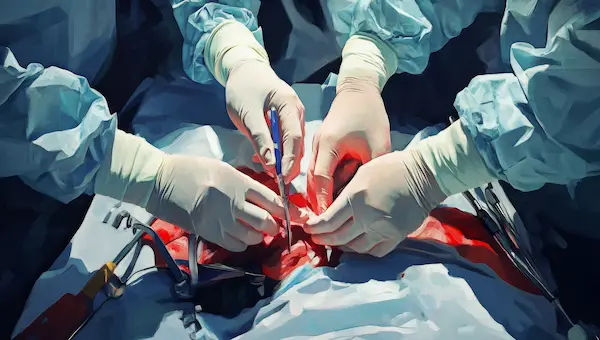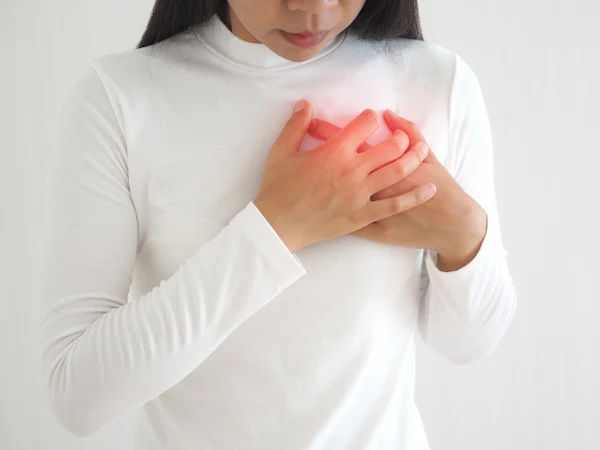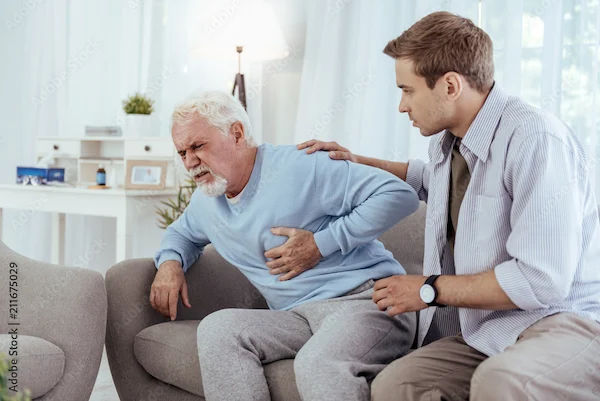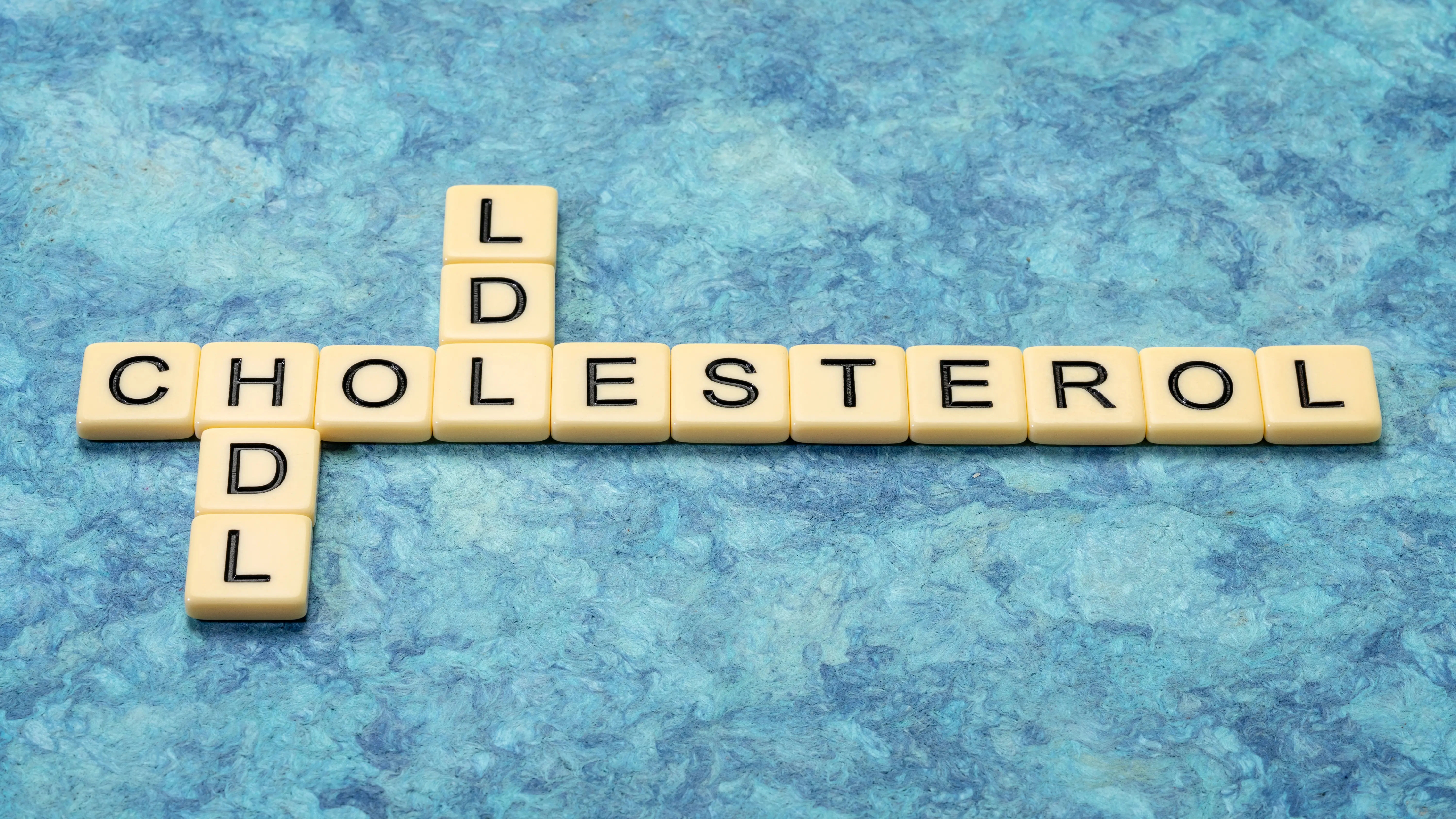- Female
- 23 Years
- 29/01/2025
I've been noticing these splinter hemorrhages under my fingernails again, and it's making me worried. I had endocarditis when I was 16 and needed antibiotics through a pic line and heart surgery for mitral valve repair when I turned 18. I'm 23 now and these hemorrhages keep showing up just like before. I'm really concerned it could be related to my past condition. What do you think I should do?
Answered by 1 Apollo Doctors
It sounds like you may be experiencing recurrent splinter hemorrhages, which can be a concerning sign given your history of endocarditis and heart surgery. To address this issue, I recommend consulting with your healthcare provider to evaluate the possibility of endocarditis recurrence or any other underlying causes. In the meantime, you can consider taking antibiotics such as Amoxicillin 500mg twice daily for a week to prevent any potential infection from worsening. Additionally, maintaining good nail hygiene and avoiding trauma to the nails can help prevent further splinter hemorrhages.
Dr. Kareemulla Suggests...
Consult a Cardiologist
Answered 04/07/2025
0
0

More Cardiology Health Queries
View allI've been noticing my heart beating really noticeably when I'm lying down. My ECG came out normal, and the doctor mentioned it's palpitations and gave me some medication for it. Any idea how long it might take before the palpitations go away?
The duration for palpitations to improve can vary depending on the individual and the specific medication prescribed. However, in general, you may start to notice an improvement in your palpitations within a few days to a couple of weeks after starting the medication. It is important to take the medication as prescribed by your doctor and follow up with them for any necessary adjustments.
Answered by 1 Apollo Doctors
I'm a bit confused and worried about my recent 2D echo results. It says my EF is 56, but everything else seems normal. Is this EF number something to be concerned about or is it within the normal range? Just wanted to make sure I understand what this means for my heart health.
Your EF (Ejection Fraction) of 56% is considered normal. An EF between 50-70% is generally considered normal for a healthy adult. No treatment is usually required for a normal EF.
Answered by 1 Apollo Doctors
Can TMT results be positive because of stress, anxiety, or depression? I'm really curious about what might cause this and would love some insight into it. It's been on my mind a lot.
no usually if it is positive that says that heart is not able to take load,its compromising,that definitely needs further evaluation,visit cardiologist for the same
Answered by 1 Apollo Doctors
Disclaimer: Answers on Apollo 247 are not intended to replace your doctor advice. Always seek help of a professional doctor in case of an medical emergency or ailment.

.webp)



